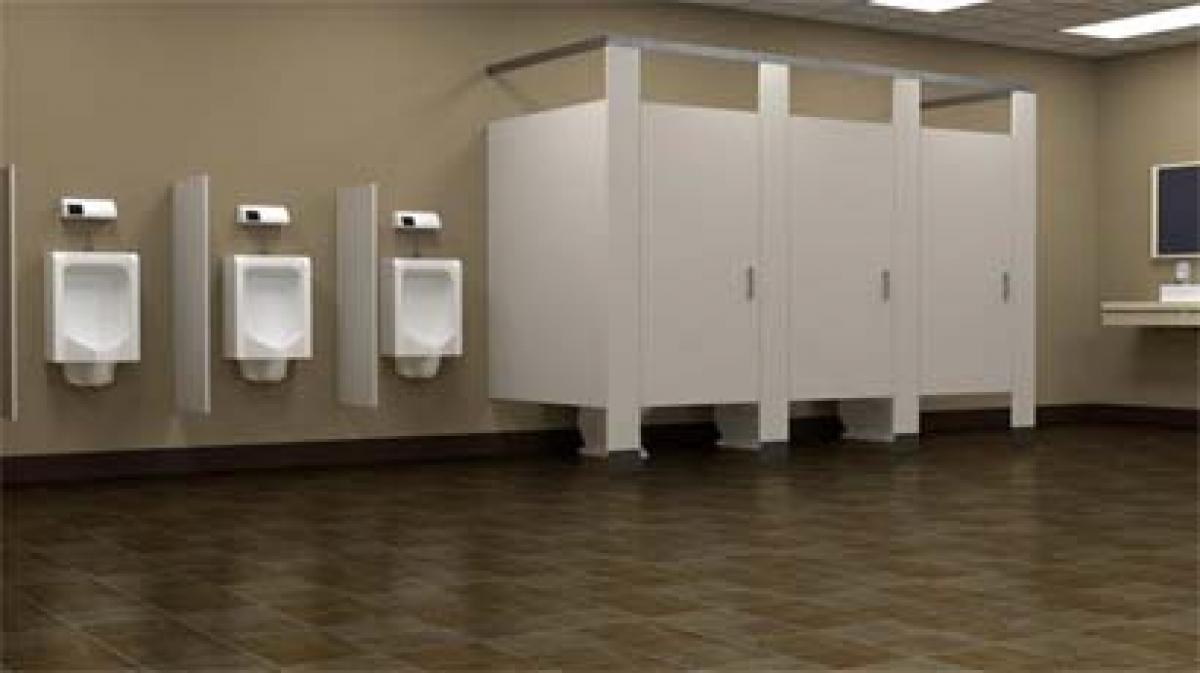Mumbai women fighting for Right to Pee want men to join campaign

Activists and charities campaigning for better access to public toilets for women in Mumbai are asking men to join the movement, saying greater gender sensitivity can solve the problem faster.
Activists and charities campaigning for better access to public toilets for women in Mumbai are asking men to join the movement, saying greater gender sensitivity can solve the problem faster.
The Right to Pee campaign, a collaborative effort of 33 non-profits, is calling attention to the lack of free, clean and safe public toilets for women in Mumbai.
In the city of more than 22 million, only about one-third of the 11,000 or so pay-to-use toilets are for women.
"There is a huge disparity between facilities for men and women, largely due to the gender insensitivity of the authorities," said Supriya Sonar, an activist with the Right to Pee campaign. "Which is why we are telling men who pee in the open: you too don't have adequate facilities, so why don't you join our campaign."
The lack of adequate sanitation costs India the equivalent of more than 6 percent of its gross domestic product every year, according to non-profit Dasra, an Indian foundation promoting social change.
The issue is particularly important to slum dwellers - more than half Mumbai's population - and to those who work on construction sites and on the streets.
Public toilets for women are often dirty, with broken doors and no running water or lights. Where there are no public toilets, the search for a suitable place comes with the constant threat of sexual harassment or rape.
Women who lack access to clean, safe sanitation tend to drink less water and control their bladders for as many as 13 hours a day. This has significant, long-term effects on their reproductive, sexual and overall health, Dasra said in a report released last week.
In Mumbai, where men can often be seen urinating at street corners and near dumpsters, almost 100 sites have been identified for the construction of toilets for women.
"But nothing has been built, and the funds have lapsed," said activist Sonar, who on Monday returned an award the Mayor's office gave to the campaign last year, saying there had been no progress.
"This is about a woman's dignity," she said. "We urge the Mumbai corporation to think about that. And we urge men who pee in the open to also join this campaign to bring more pressure on the authorities."
The shortage of toilets is a nationwide issue: more than half India's adolescent girls, about 63 million, have no access to a private toilet, according to Dasra.
Girls tend to miss school for an average of six days a month because of the lack of safe toilets there, leading to almost a quarter of them dropping out of education on reaching puberty. This "sharply degrades their potential as individuals and future workers," Dasra said.
The United Nations said in a 2014 report that it was a "tragic irony" that there were more mobile phones per 100 people in India than toilets.
In economic terms, the importance of tackling the problem is that there is a return of between $3 and $34 for every dollar spent on sanitation, through reduced poverty and health costs, and higher productivity, the United Nations said.
The "Clean India Mission" launched in 2014 by Prime Minister Narendra Modi aimed to improve sanitation and increase funding for public toilets to end open defecation.
A separate $7.5 billion renovation of 20 Indian cities is under way with the aim of making them "Smart Cities" by upgrading roads, utilities and sanitation .







